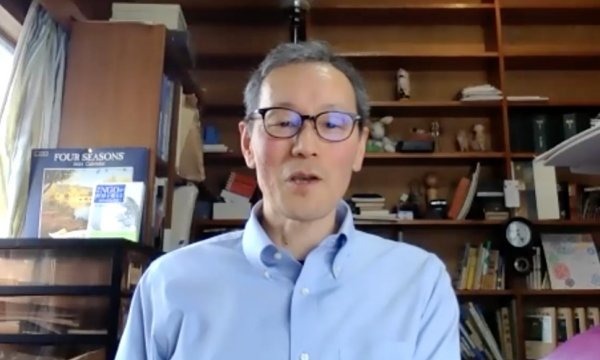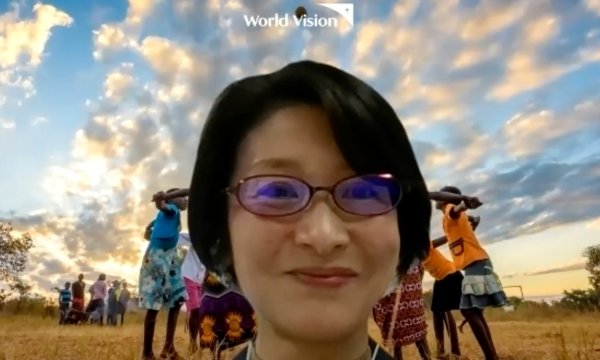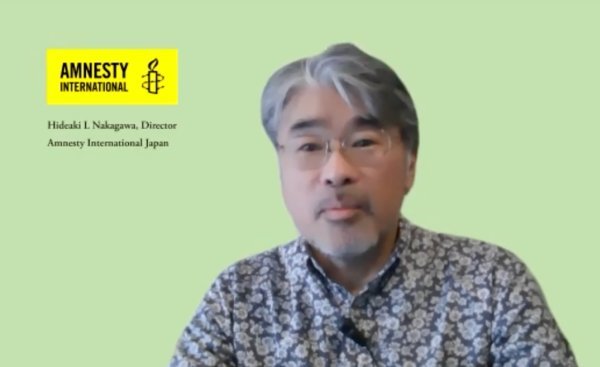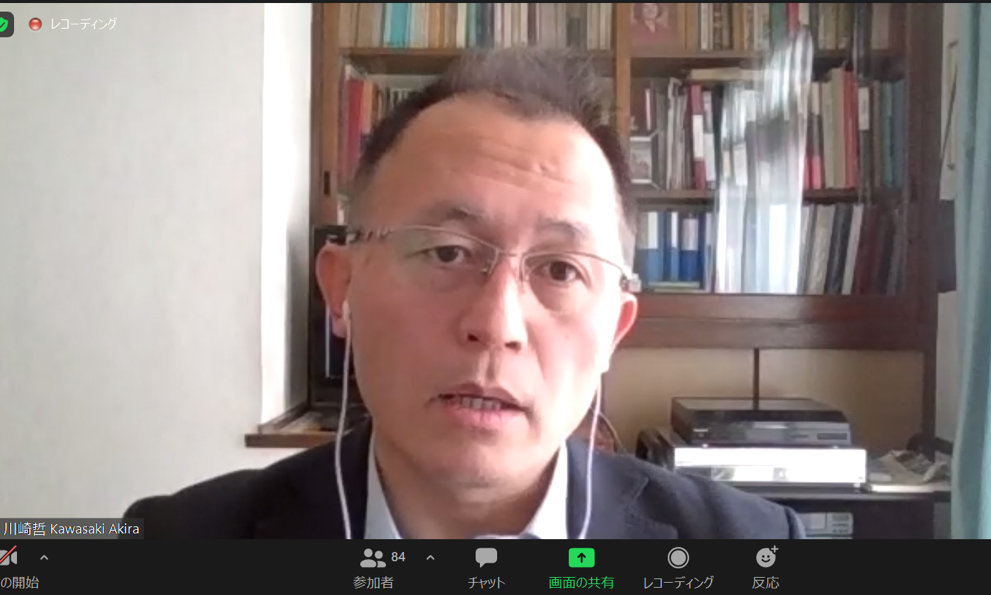NEWS
Global Civil Society Series: System Change, Not Climate Change
Update: March 3, 2021
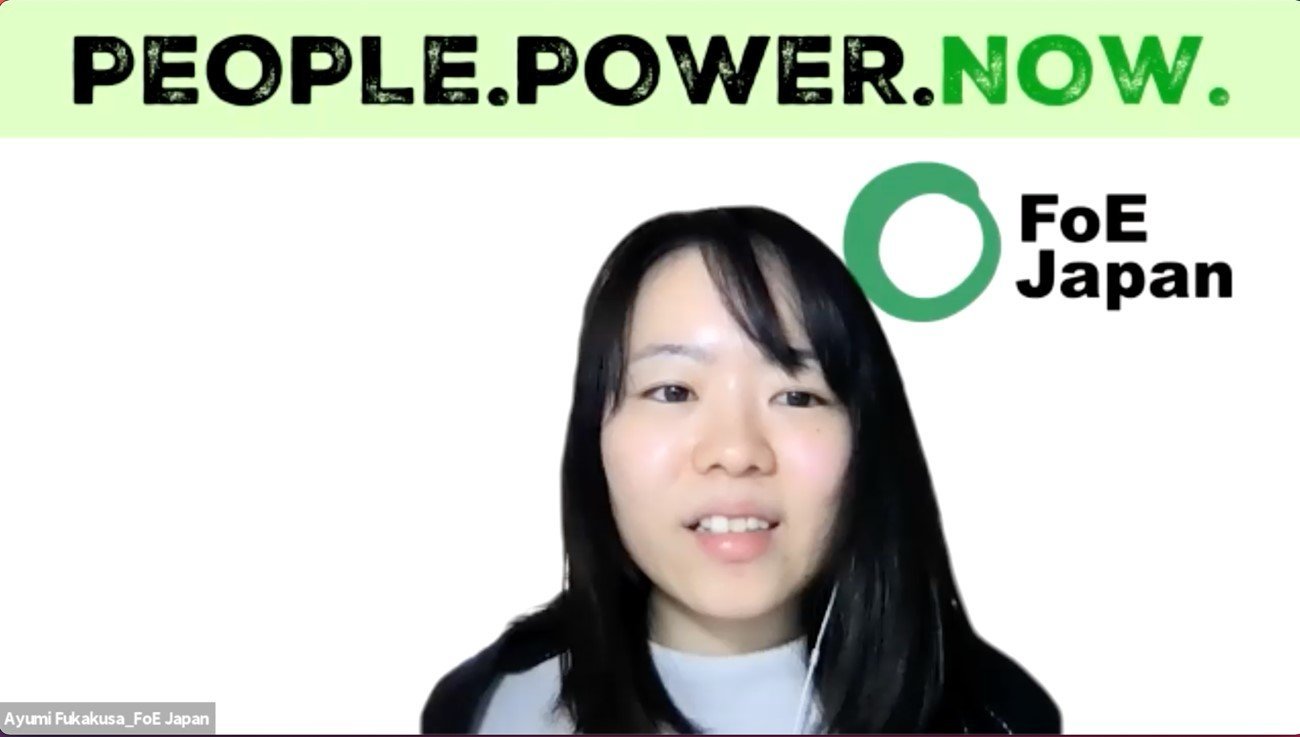
On February 19th, as part of undergraduate course Global Civil Society (Prof. Katsuhiko Mori: International Relations), the fourth open lecture of this series was held. The special guest for this lecture was Ms. Ayumi Fukakusa from the Climate Change and Energy Team at Friends of the Earth (FoE) Japan, an international environmental non-governmental organization (NGO). Ms. Fukakusa's lecture on the topic of "Climate Crisis and System Change" saw approximately 80 students participate in the event.
During Ms. Fukakusa's lecture, she focused on the complex set of crises facing our world today, including the global COVID-19 pandemic, the dangers of biodiversity loss, challenges to democracy, and global climate change. Ms. Fukakusa explained initiatives being worked on by the organization in their attempt to address the global climate crisis. FoE emphasizes the idea of climate justice, and climate change is not viewed simply as a scientific or environmental matter, but rather an issue significantly influenced by wealth disparity, human rights violations, and democratic processes. Therefore, to tackle the climate crisis, it is necessary for citizens to unite through various initiatives and push for global justice, as well as the next step of implementing a new system.
With this information on our minds, the lecture then addressed Prime Minister Suga's announcement from October 2020 when he committed Japan to carbon neutrality by 2050. This announcement, contrasted with Japan's continued export and construction of high-efficiency coal-fired power generation plants, and domestic commitment to coal and nuclear power generation as "important base load power sources" has left much to be criticized about the situation in Japan. Furthermore, the shift to renewable energy, as well as the implementation of the necessary political and societal systems to support this shift was identified by Ms. Fukakusa as a race against time.
Comments and Thoughts from Participants:
- It makes me sad to think how human activities like overdevelopment have had such a wide impact on the environment, including causing an increase in zoonotic disease transmissible from animals to humans, such as the current coronavirus pandemic. I also did not know that around the world, environmental and human rights defenders are being killed for raising their voices in the name of environmental and social justice.
- Despite the Japanese government stating their commitment to carbon neutrality by the year 2050, the country continues to double down on coal-fired power generation and nuclear power generation. Considering public funds are being used in official development assistance initiatives and for export credit, as well as for domestic energy policy, it is absolutely necessary for civil society to continue to criticize and point out the flaws in both business and government actions in the race to adopt renewable energy, otherwise we risk falling even further behind.
- During Ms. Fukakusa's presentation, the idea that we have moved beyond the point in time when environmentally focused NGOs could deal with only environmental issues left quite the impression on me. Keeping in mind that issues such as human rights, the environment, discrimination, poverty, and various disparities in our world are intricately intertwined, it becomes obvious that a holistic view of the situation is crucial when trying to tackle problems. I think the liberal arts education at ICU can shine when applied in such situations. Learning about other fields organically so one can understand how they interact with other fields is exactly the kind of learning I believe to be most valuable.

